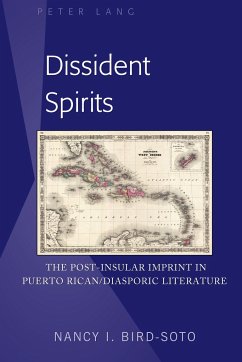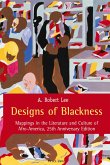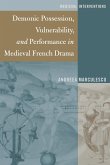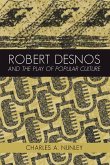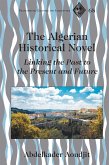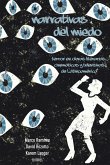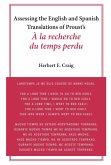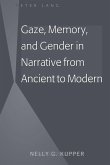This book explores the post-insular imprint in Puerto Rican letters through a sample of authors from the island and the diaspora. From a canonical figure like Alejandro Tapia to the post-Nuyorican poet Víctor Hernández Cruz, and from the working-class feminism of Luisa Capetillo and Franca de Armiño to Virginia Sánchez Korrol's narrative homage to the legacy of Emilia Casanova, trends such as dissidence and migration are core to the understanding of the Puerto Rican and its diasporic experiences. In Tapia's case, his Póstumo saga offers a transmigrated subject who questions the gender binary. Regarding Capetillo and Armiño, a sample of their plays shows not only a global awareness, but also the intersection between class and gender issues to challenge patriarchal constraints. A related intersection, the one between gender and racial matters, is key in Casanova's understanding of freedom and the pan-Antillean consciousness that Boricua historian Sánchez Korrol underscores in her novel about the Cuban activist. To conclude this examination of the post-insular imprint in works by authors in diverse canons and working in different genres, the closing chapter is dedicated to Hernández Cruz's poetry as an unequivocal celebration of the migratory experience of the Caribbean. These writers, thus, emerge as migrants of the word in a spirit of dissidence against colonialist notions of Puerto Rico, its diaspora, and the Caribbean.
"With thoughtful, nuanced, and fresh readings of texts by writers whose work and existential-literary cartographies defy confining articulations of Puerto Rican identity, Nancy I. Bird-Soto intervenes in fundamental critical conversations about migration and coloniality in Puerto Rican experience and identity debates, to build a strong case that the 'post-insular' has always constituted a defining characteristic of that experience." -Vicky Unruh, Professor Emerita, University of Kansas

